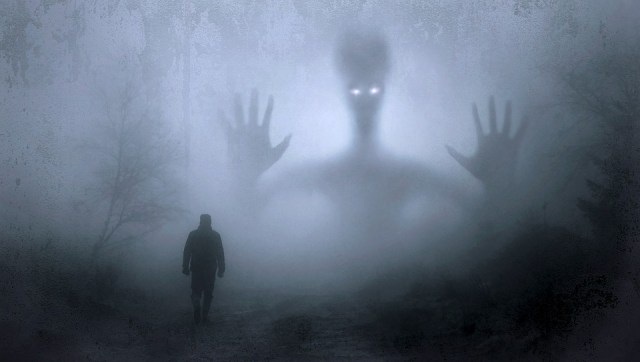
Fantasy books, TV shows, and films all provide entertainment and escapism. I enjoy fantasy but I’m troubled by this notion of escape – of using art to “wind down” and “switch off.” It seems to me that this is potentially deadening to the human spirit: making a habit of retreating every evening so that you can become dead to the world. Is reality so terrible that you need to escape from it? (Rather than face reality so that I can change it, I seek a means of escape.)
My favourite fantasy author is Michael Moorcock. In his preface to the Eternal Champion series he writes:
I wrote these books rapidly and with pleasure. Although they have continuing themes and develop certain ideas, they were conceived as entertainments, to be what I hope is intelligent and imaginative escapism.
I enjoy the books for the themes and ideas, but the escapism is always pleasurable. And that troubles me. And escapism as temporarily “switching off” is just the surface: the human being’s desire and capacity for escape runs deeper.
Susan Sontag’s “The Imagination of Disaster” is an essay about sci-fi films. But it contains this paragraph about fantasy in general:
Ours is indeed an age of extremity. For we live under continual threat of two equally fearful, but seemingly opposed, destinies: unremitting banality and inconceivable terror. It is fantasy, served out in large rations by the popular arts, which allows most people to cope with these twin spectres. For one job that fantasy can do is to lift us out of the unbearably humdrum and to distract us from terrors – real or anticipated – by an escape into exotic, dangerous situations which have last-minute happy endings. But another of the things that fantasy can do is to normalise what is psychologically unbearable, thereby inuring us to it. In one case, fantasy beautifies the world. In the other, it neutralises it.
Reality can be both dull and terrifying. Fantasy can beautify the world so that, for a moment, it no longer appears dull or terrifying. Or escapism can take a deeper and more sinister form: not just a distraction (an evening’s “switch off,” a few hours of delight after a hard day) but a repetition of this trick of distraction from reality, so that reality becomes neutralised, so that we become detached from it, so that we are no longer capable of feeling, in reality, the gut-wrenching boredom or terror that we used to. (Remember how bored you could get as a child? And part of growing up is learning to suck that feeling up without complaining. Until finally you no longer get that feeling. “If you can wait and not be tired by waiting …” Remember how frightened you could get as a child? “Growing up” means neutralising the world.)
I’m interested in fantasy because it can offer more than escapism. For all Moorcock tells us his books were written as entertainment, they are more than this. The fantasy writer’s vision is not just a perspective on the world, but a world in itself. This is the dilemma: a new world is a promising place to escape to. But more than a world, more important, are the dreams these writers offer their readers. A powerful dream lingers with the dreamer, and we as readers carry these dreams with us day by day. It’s those themes and ideas that linger in our minds as dreams that empower us to face reality with courage, and offer more than those tempting dreams of escape.
(Image is from Pixabay.)
